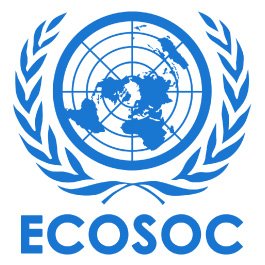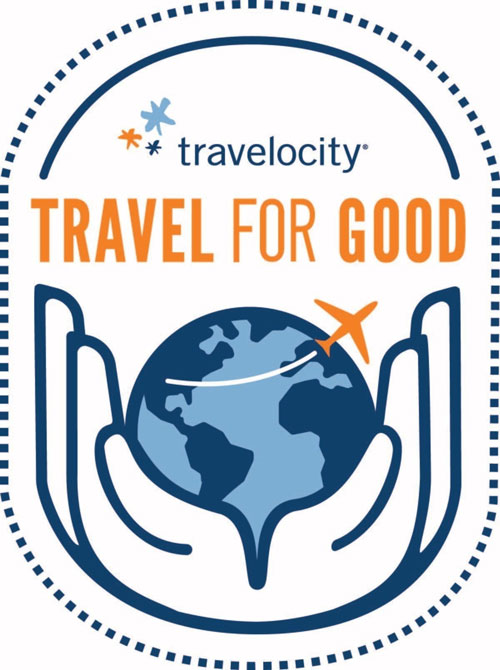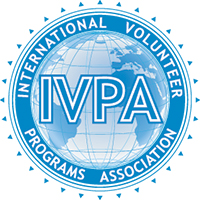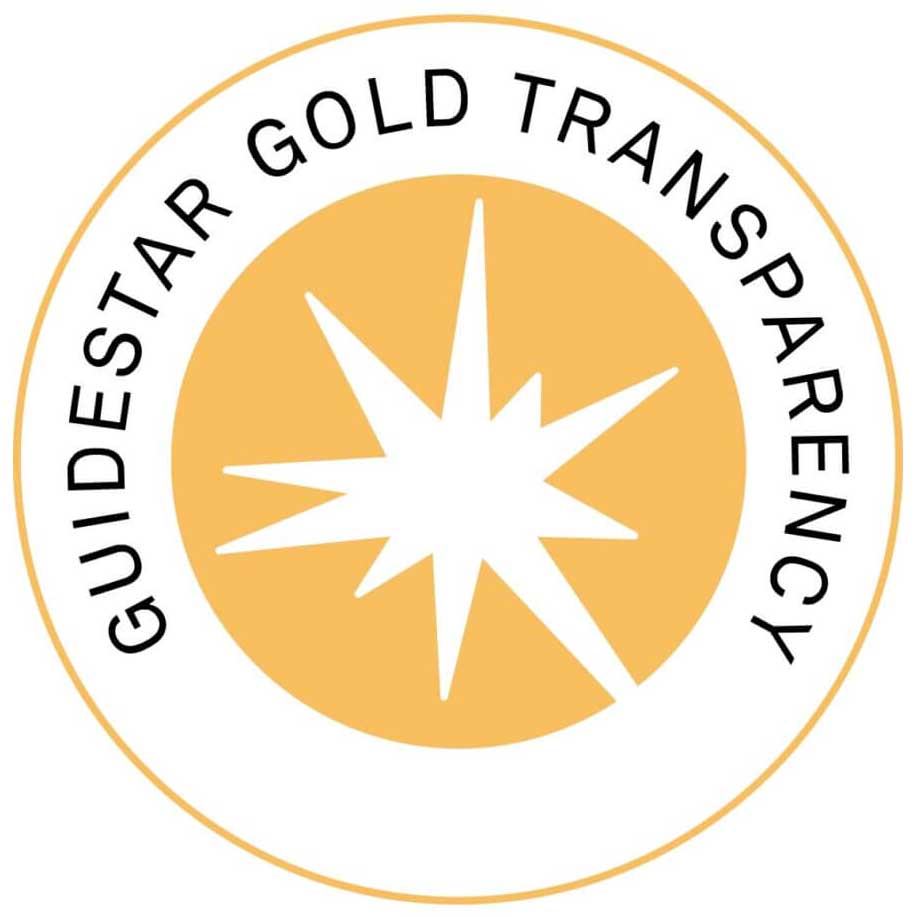Laos is a true magical mystery tour. Few Americans visit. Fewer understand it. However, more and more savvy travelers are slowly discovering this small country.
Not too long ago, Vietnam was like this - before diplomatic relations with the U.S. were restored in the 1990s. The same could be said for Cambodia. Both Vietnam and Cambodia have recently exploded as tourist destinations
And now it's this former kingdom's time to enter as a preferred destination in Asia. Ten years ago it was a backwater country, still trying to recover from its own 1975 revolution, which ended a 600-year-old monarchy.
The government - slowly but surely - has opened the doors to the outside world. And the world is curious to see what is there.
Laos is a landlocked country between Cambodia, Vietnam, Thailand, Burma and China. It's lifeline is the Mekong River, which forms a large part of Laos' western border with Thailand. Centuries ago, it was the Kingdom of Lan Xang, or Land of a Million Elephants.
On the surface, little has changed. Laos is still a farming country specializing in rice. The official language is Lao, but English is widely understood in the cities.
The best part about traveling to Laos is that it's affordable, but not overrun with tourists. But word has spread about Luang Prabang, “the Shangri-La of Southeast Asia,†so it's more developed and filled with backpackers and vacationers. This 700-year-old town can get very crowded, and it is quickly transforming into a more structured, organized tourist destination. But not all travelers make it to the current capital city of Vientiane; southern Laos is practically undiscovered so you'll find even fewer crowds and better deals in places like Pakse.
Getting there
To travel to Laos, you will need both a passport and visa. Thirty-day visas cost $50 and must be used within two months of issue. (Visit laoembassy.com for more information.)
One of the smart ways to travel to Laos is to combine the trip with visiting Cambodia, Thailand or Vietnam. It's a very affordable destination - Geographic Expeditions estimates that you can travel through southern Laos for about $300 a day, including meals, accommodations, a private car and English-speaking guide; Luang Prabang and Vientiane will cost about $400 per person per day as they have higher-end hotels.
Another suggestion is to invest in an RTW ('Round the World) ticket that allows you many destination options. A company called Airtreks (airtreks.com) sells a number of these multiple-destination RTW tickets that start at $1,650. Here's one sample itinerary: San Francisco, Singapore, Saigon/Ho Chi Minh, Hanoi, Luang Prabang, Angkor Wat (Siem Reap), Bangkok, Xian, Beijing, Tokyo and San Francisco. Promotion code: HAT559079; airtreks.com
Laos has three airports: Wattay International Airport in Vientiane; Luang Prabang International Airport and Pakse International Airport. When traveling within Laos, the only domestic airline is Laos Airlines. A flight between Vientiane and Luang Prabang takes about 35 minutes. You can also travel by bus - but don't say I didn't warn you. You can expect to spend at least 11 hours traveling from Vientiane to Luang Prabang, but you'll catch some beautiful mountain scenery. You can travel by boat or river taxi for shorter hauls around the country, but not all the way from Vientiane to Luang Prabang.
Tours
Geographic Expeditions: The majority of this company's Laos tours are customized small-group trips. Existing tours include the 27-day Mekong from Top to Bottom (this includes Vietnam, Laos and Cambodia) for $12,999. An 11-day trip to Southern Laos costs $3,295 and includes Pakse, Sekong, elephant riding and a river trip to the Khong Islands. 800-777-8183; geoex.com
Distant Horizons: Check out a tour called A Reflective History: Myanmar and Laos. With Myanmar in the mix, this is certainly a trip for curious travelers. Led by Julian Brown, currently a researcher at the School of African and Oriental Studies in London, this tour takes you through Mandalay, Sagaing and Pagan - then flies you back through Bangkok to Laos to see Vientiane and Luang Prabang. Then you travel by boat along the Mekong River to the Pak Ou Caves. 800-333-1240; distant-horizons.com
Intrepid Travel: This Australian-based, small-group operator focuses on off-the-beaten track, immersive tours that involve homestays and local transportation (i.e., tuktuks instead of private motor coaches). The shortest group trip to Laos is 15 days, and includes Laos, Thailand and Vietnam, starting at just $1,010. Trail of the Khmer starts at $1,400 and includes Bangkok, Siem Reap/Angkor Wat, Phnom Penh, Luang Prabang and Vientiane. Airfare is NOT included but Intrepid is known for having affordable tour prices. intrepidtravel.com
Globe Aware: This company has volunteer vacation programs in Luang Prabang, in which volunteers primarily work with children in an orphanage. Projects include improving the facilities, teaching English to the children as well as monks in a local monastery, and simply playing with the children. Accommodations are in a hostel along the Mekong, which is walking distance from most major sites. Airfare is NOT included, but Globe Aware is one of the more affordable volunteer programs, with rates starting at $1,140 for eight days. globeaware.com
When to go
Peak season is November through March. For the best weather, go between November and February, when it's not too humid and rainy. Not surprisingly, that's also the best time to go to Vietnam, Cambodia and Thailand. March to May is also good as it's hot but still dry.
Lodging
Luang Prabang can get crowded, so book early. Vientiane, Pak Se and vicinity won't have that problem.
Vientiane
Settha Palace Hotel: This is a luxury boutique hotel in a French colonial building. Rates start at $180 a night. Pang Kham Street, (856-21) 217581-2; setthapalace.com
Culture
Vientiane is not always the first stop for tourists visiting Laos, and in fact, some visitors skip it altogether. The capital city has its charm and plenty of local activity, but you won't need more than a couple of days to get a good feel for the place before moving on. Much of the city's culture and history was wiped out when the Thais sacked it in 1828, and many of the temples you see are restorations from the 20th century.
Pha That Luang: This monument is the national symbol of Laos. It is a “golden stupa,†or a moundlike structure containing Buddhist relics. The 16th-century monument was destroyed by the Thais and later restored to its former glory.
Wat Sisaket: Built in the 19th century in a Thai style, this temple was not destroyed by the Thais in 1828. Small carvings in the walls hold more than 2,000 silver and ceramic Buddhas, and about 300 larger statues fill the space. Outdoors, golden shrines also honor the Buddha.
Ho Phra Keo: This museum was formerly known as Wat Phra Keo and was the former site of the Emerald Buddha, which now lives in Bangkok. It was built in 1565 for the Emerald Buddha, which the king had taken from Thailand (and reclaimed by the Thais in 1779). This historic museum includes works of religious art, many Buddhas, and in the garden is a jar from the Plain of Jars.
National Museum/Museum of Revolution: Much like a visit to similar museums in Vietnam, this museum is all about history from a Lao point of view. Located in an old government office, it showcases the Lao struggle for independence against France and America.
Wat Xieng Thong (Golden City Temple): This is one of the most important temples in the country, built around 1560 on the banks of the Mekong River. It was a royal temple until 1975, and was restored in the 1960s. A mosaic of the “Tree of Life†patterns the back wall, and much of the restored temple has been gilded and lacquered.
Activities
Wat Sokpaluang (herbal sauna): Don't miss out on this experience. Wat Sokpaluang, or Forest Wat, may be the “original†herbal sauna in Vientiane, formerly operated by monks. You'll step inside a bamboo hut where steam rises, infused with a secret combination of herbs and flowers. You can also opt for a massage for just a couple of dollars. Just watch out for mosquitoes!
Talat Sao (morning market): This two-story, covered market is where you'll find all the handicrafts and souvenirs you want - textiles, jewelry, religious ornaments, herbs and flowers. Nearby is the Ethnic Handicraft Market, which focuses on Lao-only items.
Shop for textiles: Lao textiles are renowned, and you can find incredibly high-quality silks in Vientiane. Visit Carol Cassidy, located in a renovated colonial-era workshop in the city. She employs locals and together their works are showcased around the world. laotextiles.com
Watch the sunset on Phousi Holy Hill: It may be a life-changing experience. You'll have unparalleled views of the town and its temples, and a breathtaking view of the sunset.
Morning alms: Definitely get up early to participate in this daily religious ritual. Monks wander through the town blessing those who give them offerings (sticky rice will do). You can do this at Wat Xieng Thong temple at 6 a.m.
Pak Ou Caves: The caves of a 1,000 Buddhas are located within limestone cliffs. There are two levels filled with statues of Buddha in all sizes and materials - the lower Tham Ting cave and the upper Tham Phum cave. It's located outside of Luang Prabang, so to get there, you can take a day-long riverboat trip.
Plain of Jars: Thousands of stone jars lie scattered among a 500-square-mile region in northern Laos. These containers were created by a now-extinct race of people from nearly 2,000 years ago, and may have served as burial urns. The Plain of Jars refers to the area of land, which is a highly strategic area - bitter battles over this land have transformed it into a desolate, flat area, but it remains a top tourist attraction. A drive from Luang Prabang takes about five hours.
Pakse: This is the largest city in the south. It's very tranquil and has small hotels and laid-back villages. This is a spot for true eco-tourism, with great hiking, waterfalls, tea plantations and small eco-lodges.
Cuisine
Cuisine in Laos will be familiar to enthusiasts of Southeast Asian food, particularly Thai dishes. Flavors include chili, fish stock, lemongrass, peanuts, mint, lime and tamarind. You'll come across lots of sticky rice, minced meat called laab (very similar to Thai larb), and Vietnamese-style pho and other noodle soups.
Vientiane has a multitude of little tent restaurants along Mekong River that allow you to lounge and eat cheap food along the riverbank while enjoying the night and some music.
In Vientiane, a surprising amount of French cuisine exists, thanks to colonialization. Baguettes and good coffee are a staple, and a few restaurants offer French-influenced meals. Le Silapa is a high-end dining experience that would costs hundreds of dollars in France or the U.S. Diplomats and ex-pats flock to this establishment for fine (and rich) French cuisine. And don't feel bad about not eating “local.†Part of the restaurant's proceeds to go charity. 17/1 Sihom Rd, Vientiane








